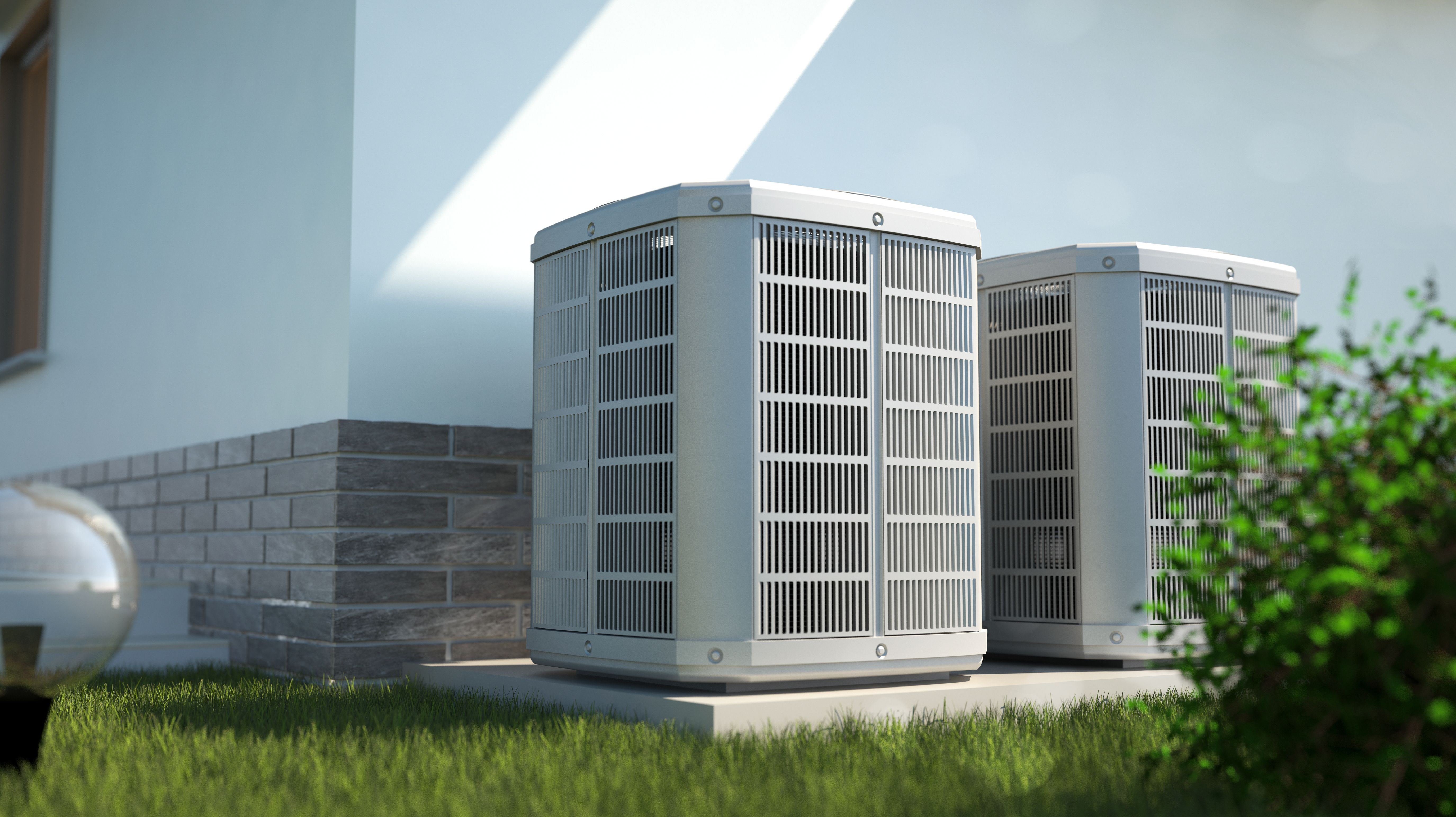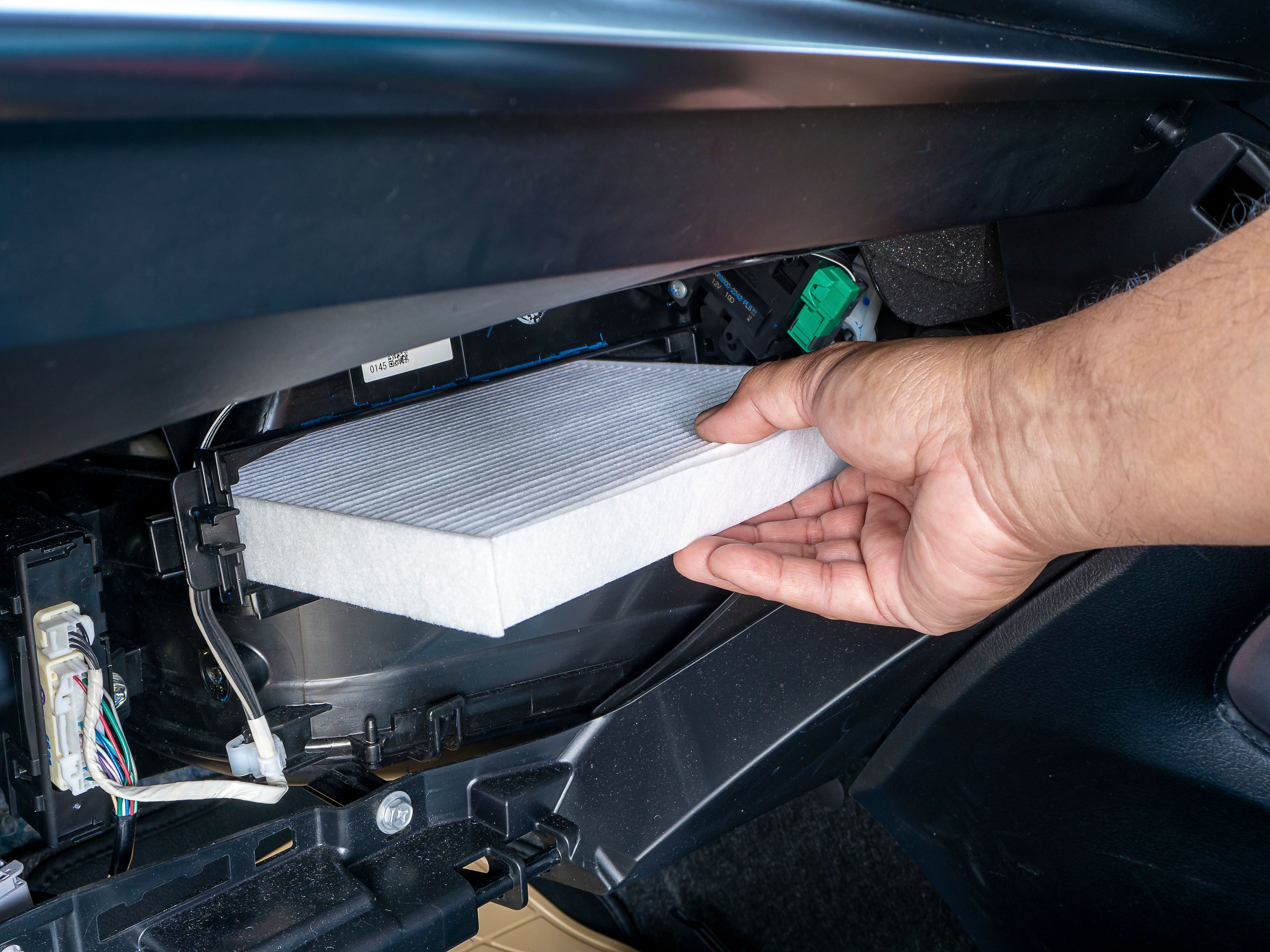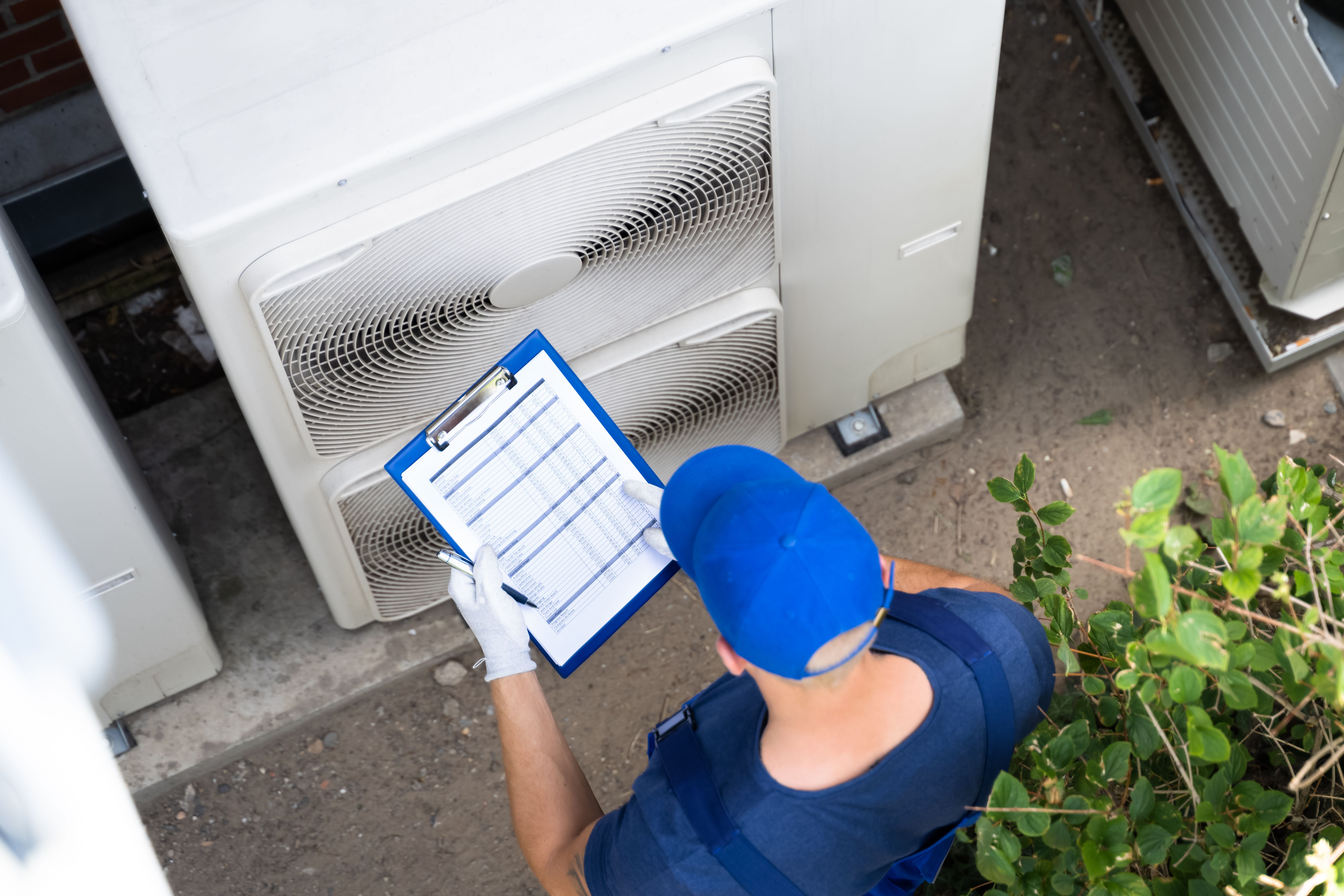Tips to Make Your Air Conditioner Blow Cold Air
MD
Understanding Your Air Conditioning System
Your air conditioner is a complex system that requires regular maintenance to function optimally. The primary goal is to ensure it blows cold air when you need it most. Understanding the basic components, such as the compressor, condenser, evaporator, and refrigerant, is crucial in diagnosing and resolving issues.

When your air conditioner is not blowing cold air, it could be due to various reasons. The good news is that many of these issues can be resolved with some simple troubleshooting and maintenance tips.
Check and Replace Air Filters
One of the most common reasons for an air conditioner not blowing cold air is a clogged or dirty air filter. Air filters trap dust, dirt, and other particles, preventing them from entering your home. When these filters become clogged, airflow is restricted, causing the system to work harder and less efficiently.
To ensure your air conditioner blows cold air, regularly check and replace your air filters. Depending on your system and usage, this should be done every 1-3 months. Replacing the air filter is an easy task that can improve airflow and increase the efficiency of your system.

Inspect Thermostat Settings
Your thermostat is the brain of your air conditioning system. If it's not set correctly, your system may not cool your home effectively. Ensure that the thermostat is set to "cool" mode and that the temperature setting is lower than the current room temperature.
If you have a programmable thermostat, double-check its programming to ensure it aligns with your cooling needs. Sometimes, a simple adjustment can make a significant difference in the performance of your air conditioner.
Clear Debris Around Outdoor Unit
The outdoor unit of your air conditioner needs adequate space to dissipate heat. If it's surrounded by debris such as leaves, grass, or dirt, it can lead to overheating and reduced efficiency. Regularly inspect the area around your outdoor unit and clear any obstructions to maintain optimal performance.
Additionally, ensure there are at least 2-3 feet of clearance around the unit for proper airflow. This simple step can help prevent potential issues and keep your air conditioner blowing cold air throughout the season.
Check Refrigerant Levels
Refrigerant is essential for cooling the air in your home. Low refrigerant levels can lead to insufficient cooling and increased energy consumption. If you suspect a refrigerant leak or low levels, it's crucial to contact a professional HVAC technician to assess and address the issue.
Attempting to fix refrigerant issues on your own can be dangerous and may void warranties. A professional will have the necessary tools and expertise to safely recharge your system.
Regular Professional Maintenance
While there are many things you can do on your own to keep your air conditioner running efficiently, regular professional maintenance is essential. Schedule annual check-ups with a qualified HVAC technician to identify potential issues before they become major problems.

During these maintenance visits, a technician will check all components of your system, clean coils, inspect electrical connections, and ensure refrigerant levels are correct. This proactive approach can extend the life of your system and ensure it continues to blow cold air when you need it most.
By following these tips and performing regular maintenance, you can keep your air conditioner functioning efficiently all summer long, providing you with a cool and comfortable home environment.